
Date: 2nd November 2016
Location: London South Bank University
Time: 9:30am -4:00pm
KnowledgeLondon in partnership with HEEG is excited to bring you Incubation: Creating Value for Universities. The event provides an opportunity for debate and discussion on incubation centres. Incubation is a key strand of Enterprise activity, though universities can at times be uncertain about how it creates value.
Attendees at the event will hear from incubation managers and their colleagues about how this has worked in their universities, as well as from some of the founders who have benefitted from the service. There wil also be the chance to take a look at some of the nuts and bolts of running an incubation system, and consider how different types of incubator might be linked to the stage of development and type of university host.
Confirmed Speakers
Karen Brookes
Karen is the Programme Director for the SETsquared Partnership having devised and run their incubation and entrepreneurship training activities for the last fourteen years. She led the team that developed the world’s number one University Incubation Programme which has provided support to over 1,000 early stage technology companies which have raised over £1bn in investment.
Karen has built the SETsquared enterprise brand for the Universities of Bath, Bristol, Exeter, Southampton and Surrey, which has provided over £3.8bn of economic impact to the UK economy. Karen has been key in the development of overseas relations in the US with technology support organisations such as MIT, Massachusetts Technology Transfer Centre, CONNECT, Global CONNECT, T2 Venture Capital and Austin Technology Incubator. Relationships with these organisations provide a springboard platform for European startups to access the US markets.
Adrian Tindall
Adrian is the Tenant Manager for Research, Enterprise and Innovation at London South Bank University (LSBU), where he managers the workspace community based in the Clarence Centre for Enterprise & Innovation and the Technopark.
Adrian acts as an enabler and facilitator for the SMEs housed in the workspace to engage with LSBU academics, staff and students through projects, events, mentoring and placements. Having developed a strategy to maximise the engagement opportunities for both LSBU and tenants, Adrian and his team are now looking for future tenants who complement and underpin the University’s Corporate Strategy.
Delegates from KnowledgeLondon and HEEG can attend FREE. BU is a memeber of this organisation.
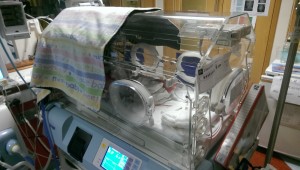 Recent advances in neonatal care have led to improved survival rates for preterm infants, but this has led to greater challenges in providing these survivors with adequate nutrition. Docosahexaenoic acid (DHA) and arachidonic acid (ARA) are dietary fats essential for optimal brain growth and development. During the last trimester the placenta provides the foetus with high levels of DHA and ARA and extremely preterm infants, born at less than 28 weeks, are therefore at the greatest risk of deficiency as this supply has been cut short. In this new study the DHA and ARA intakes of extremely preterm infants was measured from all sources over the first six weeks of life and compared to European intake guidelines and levels provided in utero.
Recent advances in neonatal care have led to improved survival rates for preterm infants, but this has led to greater challenges in providing these survivors with adequate nutrition. Docosahexaenoic acid (DHA) and arachidonic acid (ARA) are dietary fats essential for optimal brain growth and development. During the last trimester the placenta provides the foetus with high levels of DHA and ARA and extremely preterm infants, born at less than 28 weeks, are therefore at the greatest risk of deficiency as this supply has been cut short. In this new study the DHA and ARA intakes of extremely preterm infants was measured from all sources over the first six weeks of life and compared to European intake guidelines and levels provided in utero.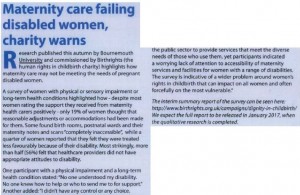 The study
The study 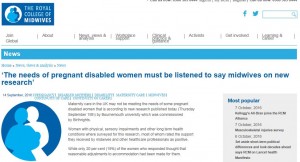


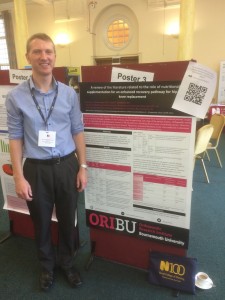
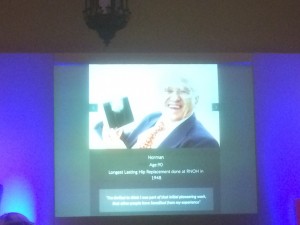

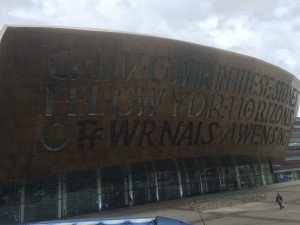
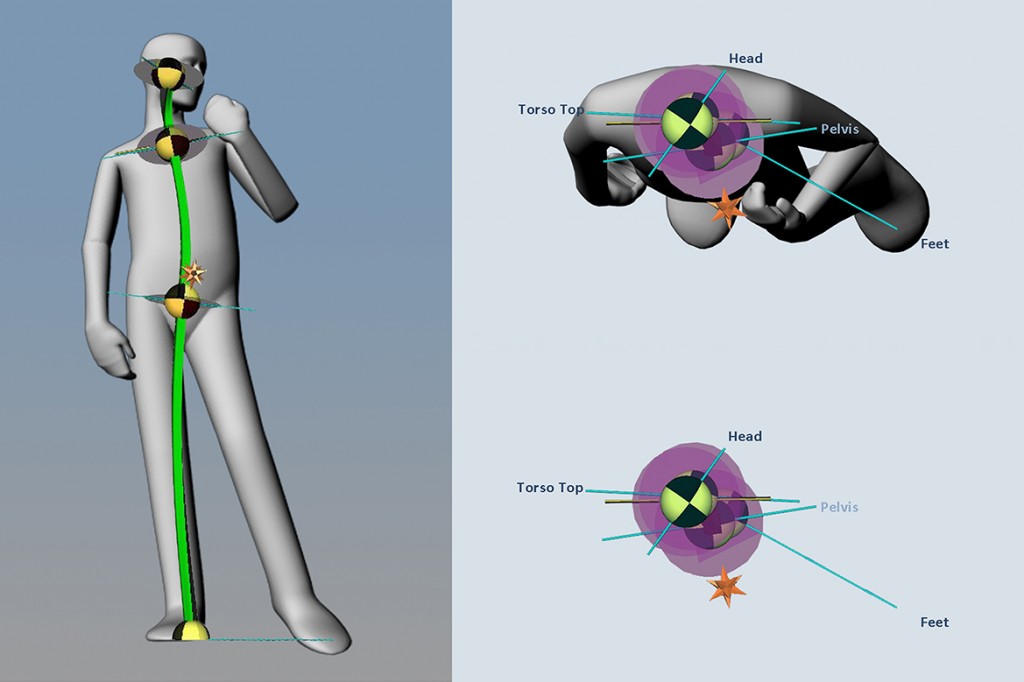

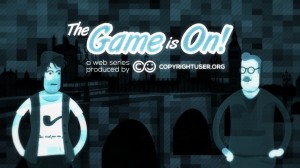
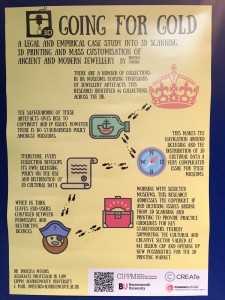
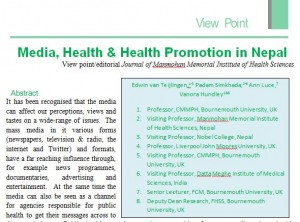

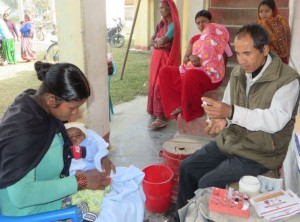
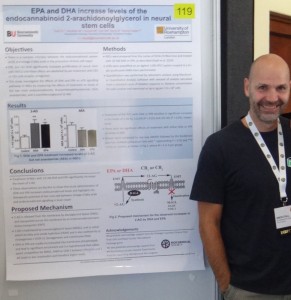

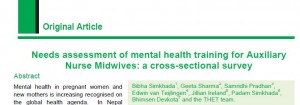

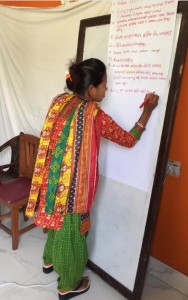
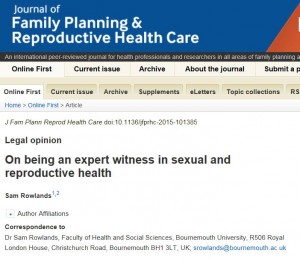
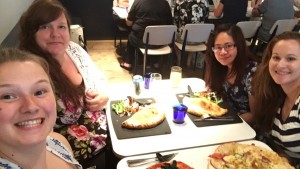
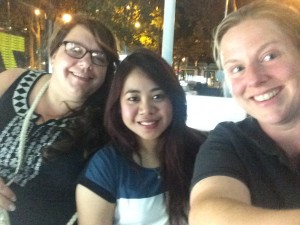
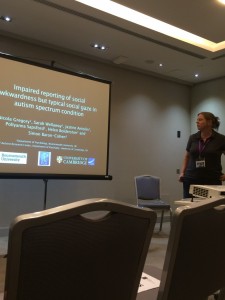












 No access to BRIAN 5-6th February
No access to BRIAN 5-6th February Missing Persons Indicator Project Recruitment
Missing Persons Indicator Project Recruitment Celebrating our Research: Postgraduate Research Showcase 2026
Celebrating our Research: Postgraduate Research Showcase 2026 Nursing Research REF Impact in Nepal
Nursing Research REF Impact in Nepal ECR Funding Open Call: Research Culture & Community Grant – Apply now
ECR Funding Open Call: Research Culture & Community Grant – Apply now MSCA Postdoctoral Fellowships 2025 Call
MSCA Postdoctoral Fellowships 2025 Call ERC Advanced Grant 2025 Webinar
ERC Advanced Grant 2025 Webinar Update on UKRO services
Update on UKRO services European research project exploring use of ‘virtual twins’ to better manage metabolic associated fatty liver disease
European research project exploring use of ‘virtual twins’ to better manage metabolic associated fatty liver disease